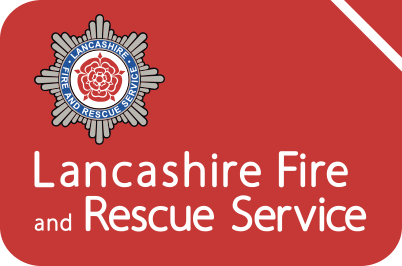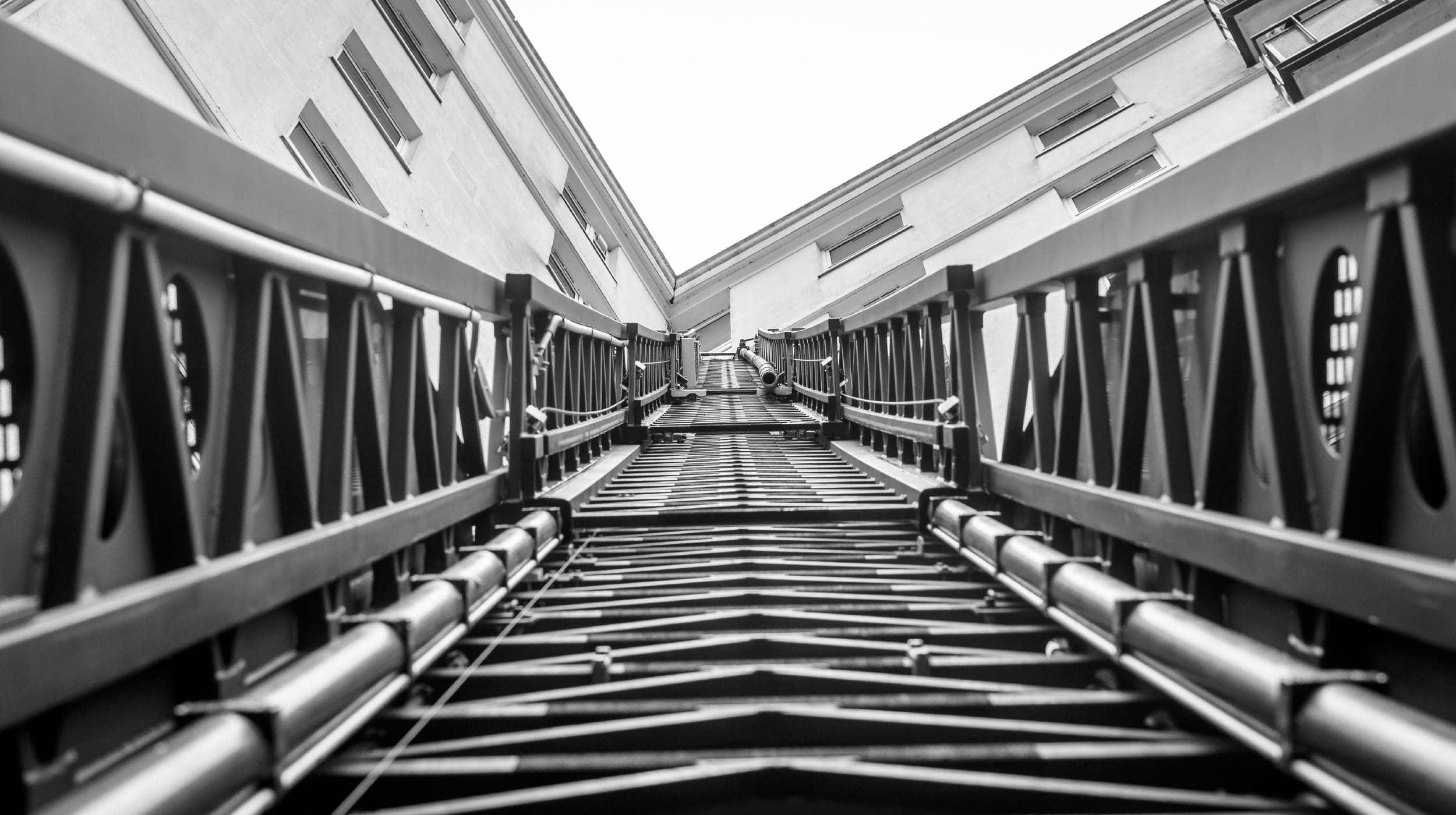Lancashire Fire and Rescue Service – wildfire safety advice
Wildfires are a serious problem in Lancashire. We deal with more and more fires on moorland and grassland each year, with many sadly being caused by the actions of people.
However, there are many ways you can help to avoid wildfires starting. It is especially important to be very wary of wildfires when out camping, caravanning and using disposable barbecues.
Wildfires are becoming more common each year. Climate change is also a factor because it means some areas are drier and more likely to set alight.
But with your help, we can reduce the number and seriousness of wildfires in Lancashire. This will stop them causing costly damage and endangering lives.
Wildfires In Lancashire
We want people to stop using disposable barbecues in the countryside to reduce the amount of harm caused by wildfires.
Wildfires are easily started and can spread rapidly putting people, property and infrastructure at risk. The terrain makes them challenging to firefight and demands large amounts of our resources, as well as from the resources of our partners.
Lancashire knows only too well the devastating effects of wildfires following a fire on Winter Hill near Bolton in summer 2018 which destroyed 18 square kilometres of moorland. Despite this, we continue to experience avoidable fires in open spaces across the county, causing long-lasting harm to wildlife, habitats, and biodiversity.
The threat to the environment and our communities can be significantly reduced if people enjoy Lancashire’s great outdoors without using disposable barbecues.





